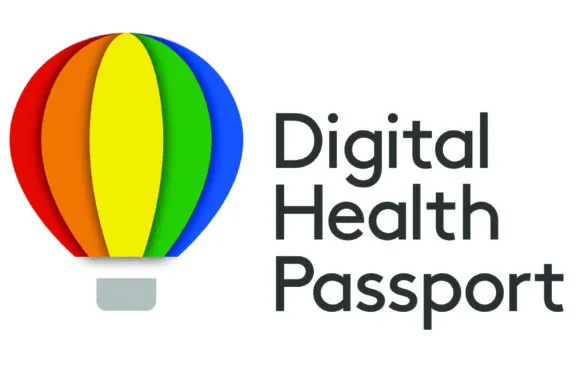
Touchdose
Dosium are bridging the gap between medical knowledge and practice by embedding the power of the British National Formulary directly into frontline prescribing systems. By automating precise dosage calculations for every patient and condition, they’re shifting away from the clutter of alert pop-ups and the need for constant system configuration, helping prescribers “get it right, first time”. By demonstrating an 86% reduction in the odds of prescribing errors occurring, and cutting prescription times by 20%, Touchdose not only enhances safety but also standardises prescribing practices across healthcare settings.
Want to connect with this innovation?
Let us introduce you.
"*" indicates required fields
Founded by a doctor and a team of patient safety experts, Dosium is on a mission to reduce avoidable harm caused by prescribing errors – a widespread, yet preventable issue with the right technology.
Through a first-of-its-kind integration with the British National Formulary (BNF) and British National Formulary for Children (BNFC), as well as links to Electronic Health Records (EHR) and Electronic Prescribing and Medication Administration (EPMA) systems, Dosium’s Touchdose product delivers condition-based, patient-specific dosing recommendations directly into the hands of clinicians.
Touchdose calculates the correct dosage of any drug for any patient and indication, including frequency, duration, and route of administration, seamlessly integrating local guidelines for real-time decision support. This system offers a safer alternative to manual methods like mental arithmetic or unregulated apps, and avoids overwhelming clinicians with excessive alerts that don’t enhance safety.
Supported by NHS England’s First-of-Type scheme, Touchdose is currently implemented at West London Children’s Healthcare – a partnership between Imperial College Healthcare NHS Trust and Chelsea and Westminster Hospital NHS Foundation Trust covering half a million children. Pilot data from Imperial has shown that the use of Touchdose reduces the odds of an error occurring by 86% and reduces the time taken to prescribe by 20%.
Medication errors are responsible for over 1,700 preventable deaths, comparable to the number of fatalities from road traffic accidents in Britain. A health economic analysis extrapolating the pilot data using national estimates projected it could save the NHS ~£180M if rolled out across secondary care.
Want to connect with this innovation?
Let us introduce you.
"*" indicates required fields



